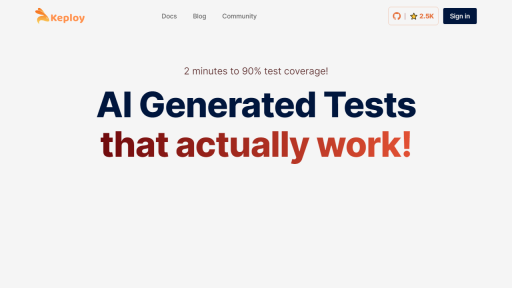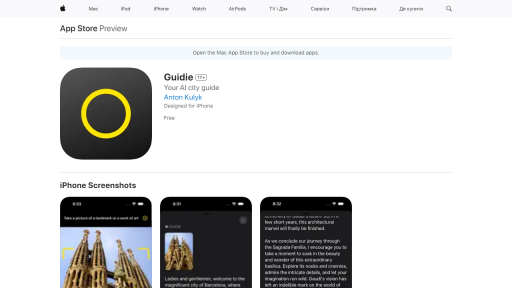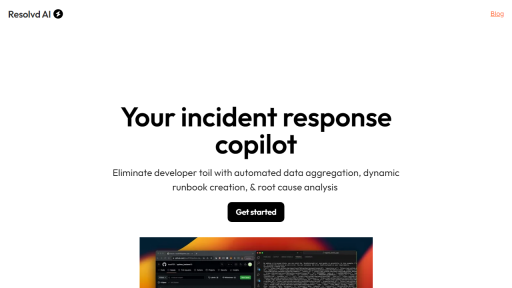What is Vespa?
Vespa is an open-source big data processing and serving engine designed to handle large-scale applications with high throughput and low latency. Primarily developed by Yahoo and now maintained by the community, Vespa excels in providing real-time search and analytics capabilities. It integrates a distributed architecture that allows it to manage vast amounts of data efficiently, making it an ideal choice for applications such as recommendation systems, personalized search, and machine learning. Vespa’s unique ability to combine search and machine learning enables businesses to derive insights from their data in real-time, facilitating better decision-making processes. The platform supports various data types, including structured, semi-structured, and unstructured data, allowing users to build complex applications that can analyze and serve data dynamically. Additionally, Vespa provides a robust API for developers, enabling seamless integration with existing systems and applications.
Features
- Real-time Data Processing: Vespa allows for real-time indexing and querying, enabling immediate updates and instant access to fresh data.
- Scalable Architecture: Designed to scale horizontally, Vespa can handle increasing loads by adding more nodes without losing performance.
- Integrated Machine Learning: Vespa offers built-in support for machine learning models, allowing for the deployment of complex algorithms directly within the data processing pipeline.
- Multi-model Support: It can handle a variety of data formats, supporting structured, semi-structured, and unstructured data seamlessly.
- Advanced Query Language: Vespa provides a powerful query language that supports complex queries, enabling detailed data retrieval and analytics.
Advantages
- High Performance: Vespa is optimized for low latency and high throughput, making it suitable for applications that require quick responses.
- Flexibility: The tool’s multi-model support allows developers to work with different data types without the need for data transformation.
- Cost Efficiency: By enabling horizontal scaling, Vespa reduces the need for expensive hardware upgrades, leading to lower operational costs.
- Community Support: As an open-source platform, Vespa benefits from a vibrant community that contributes to its ongoing development and improvement.
- Customizability: Vespa offers extensive configuration options, allowing organizations to tailor the system to meet their specific needs.
TL;DR
Vespa is an open-source big data processing and serving engine that provides real-time search and analytics capabilities, optimized for high performance and scalability.
FAQs
What types of applications can benefit from using Vespa?
Applications such as recommendation systems, personalized search engines, and data analytics platforms can greatly benefit from Vespa’s capabilities.
Is Vespa suitable for small-scale projects?
Yes, Vespa can be deployed for small-scale projects, but its strength lies in handling large-scale applications with high data throughput.
Can Vespa integrate with existing data systems?
Absolutely! Vespa provides a robust API that allows for easy integration with various existing data systems and applications.
What programming languages can I use with Vespa?
Vespa offers client libraries in several programming languages including Java, Python, and Go, allowing developers to choose the language that best fits their needs.
Is Vespa scalable?
Yes, Vespa is designed to scale horizontally, meaning you can add more nodes to handle increased data loads and user requests without sacrificing performance.









